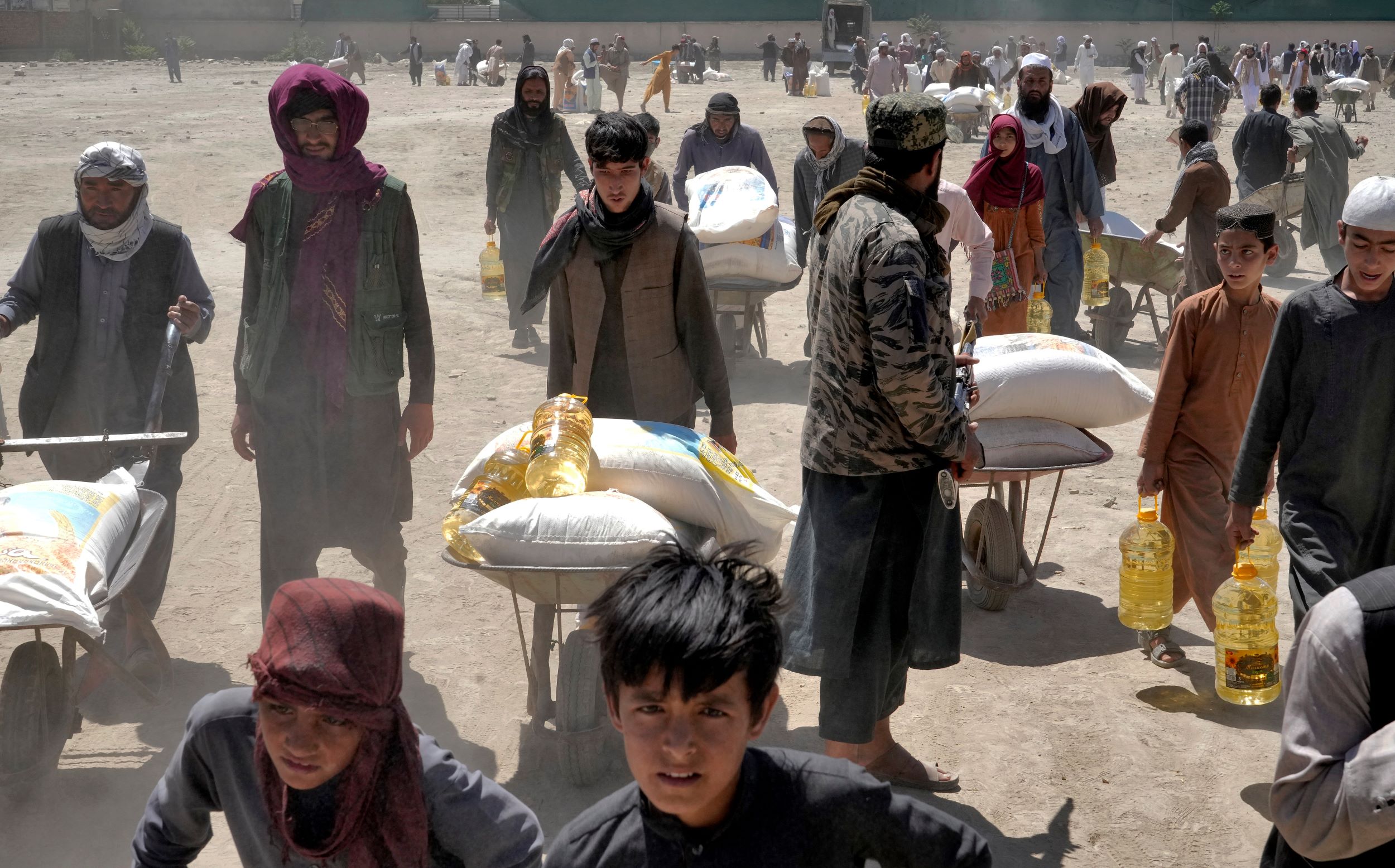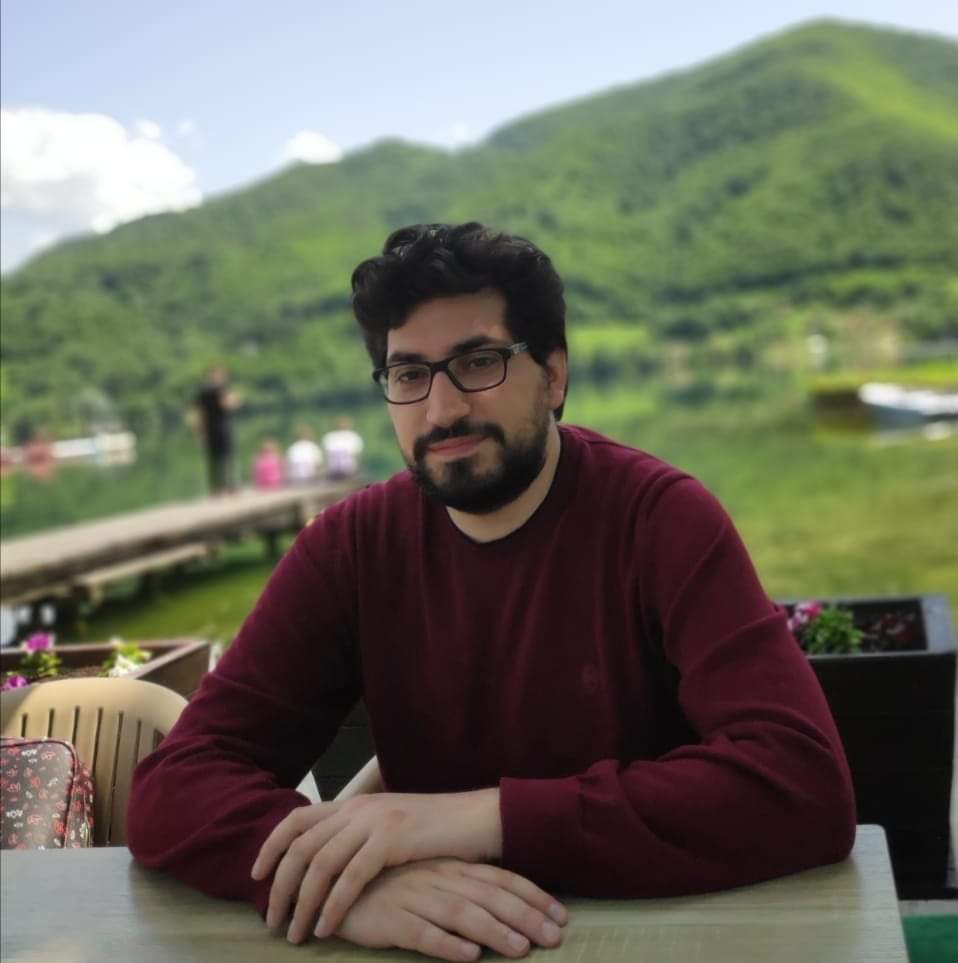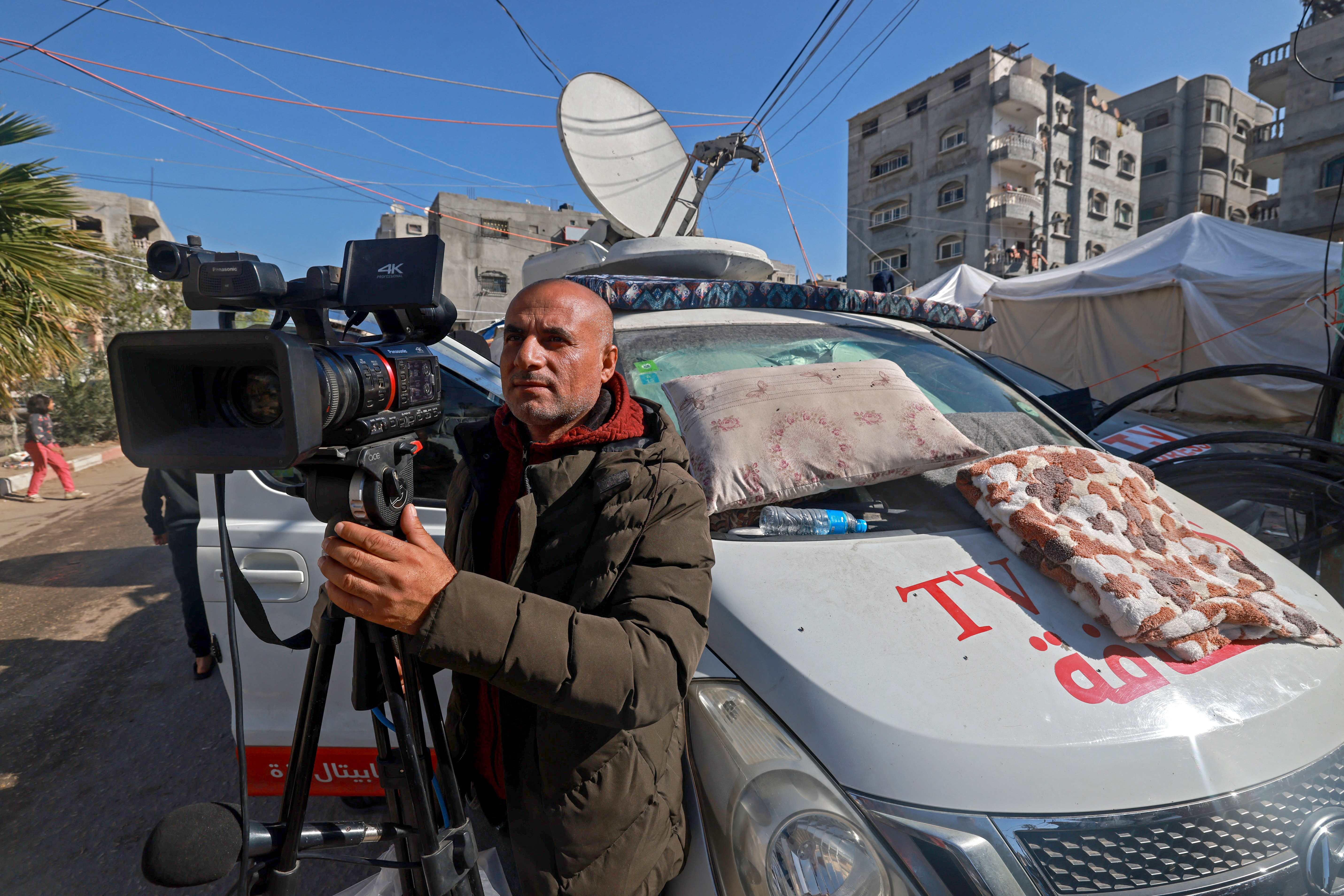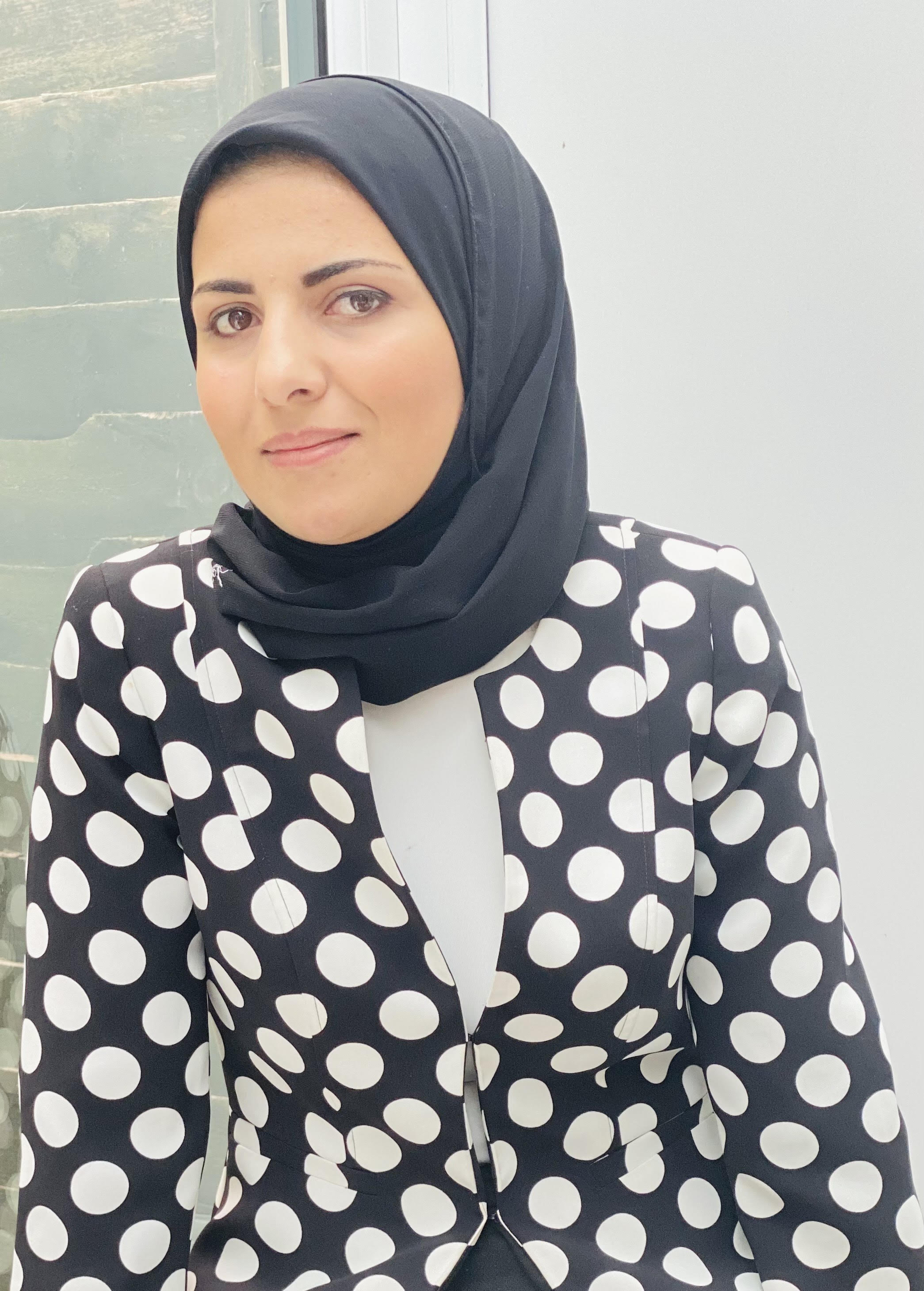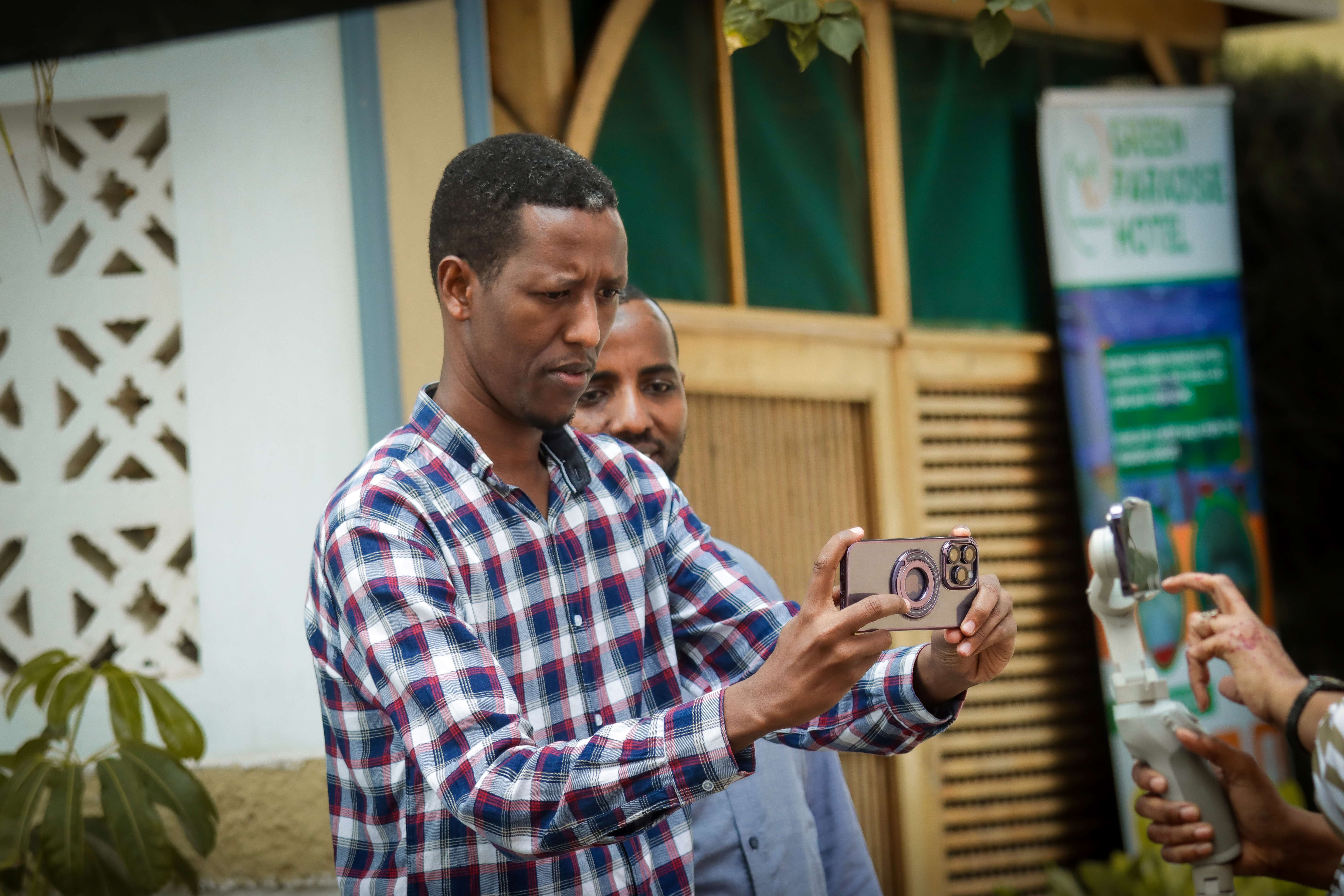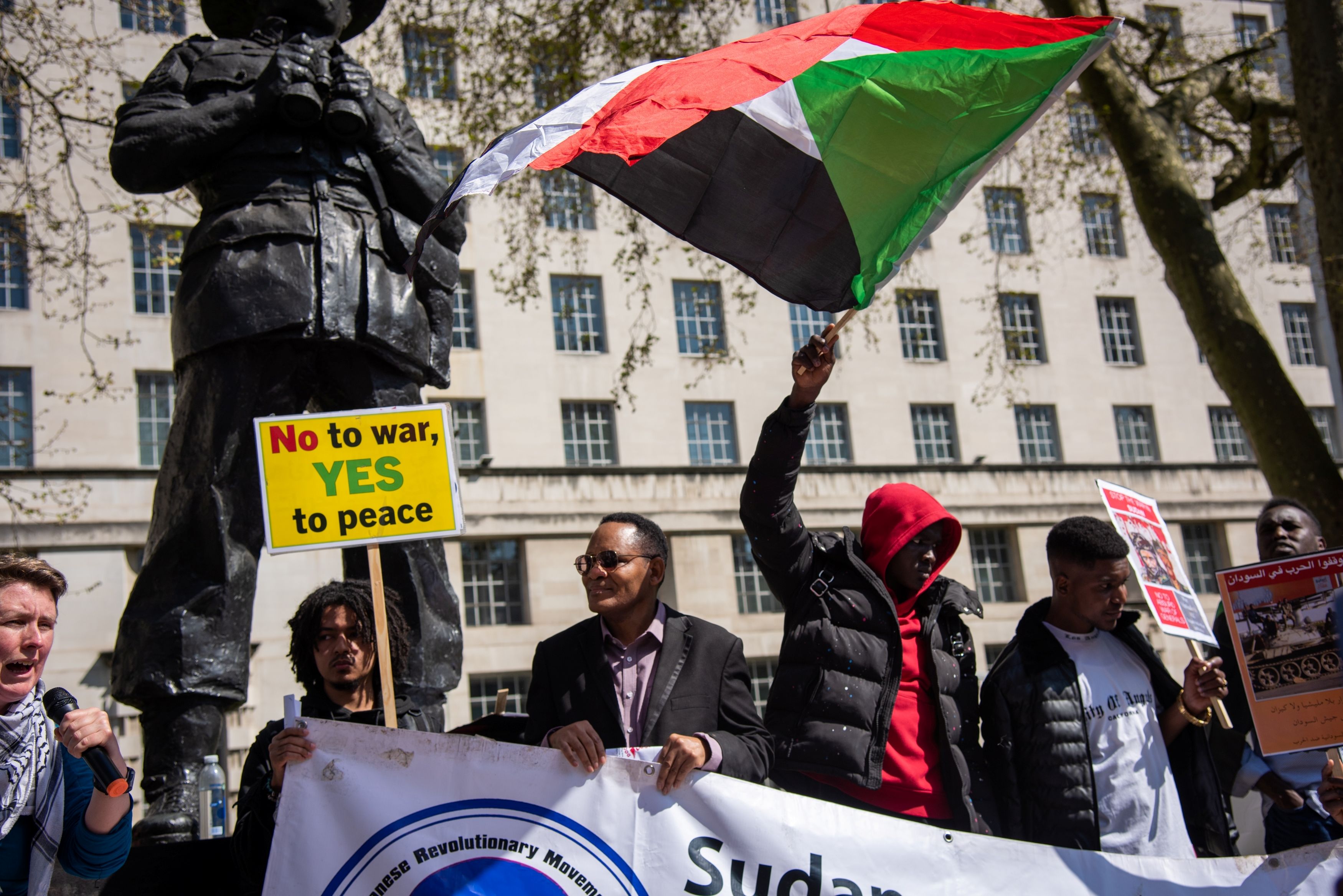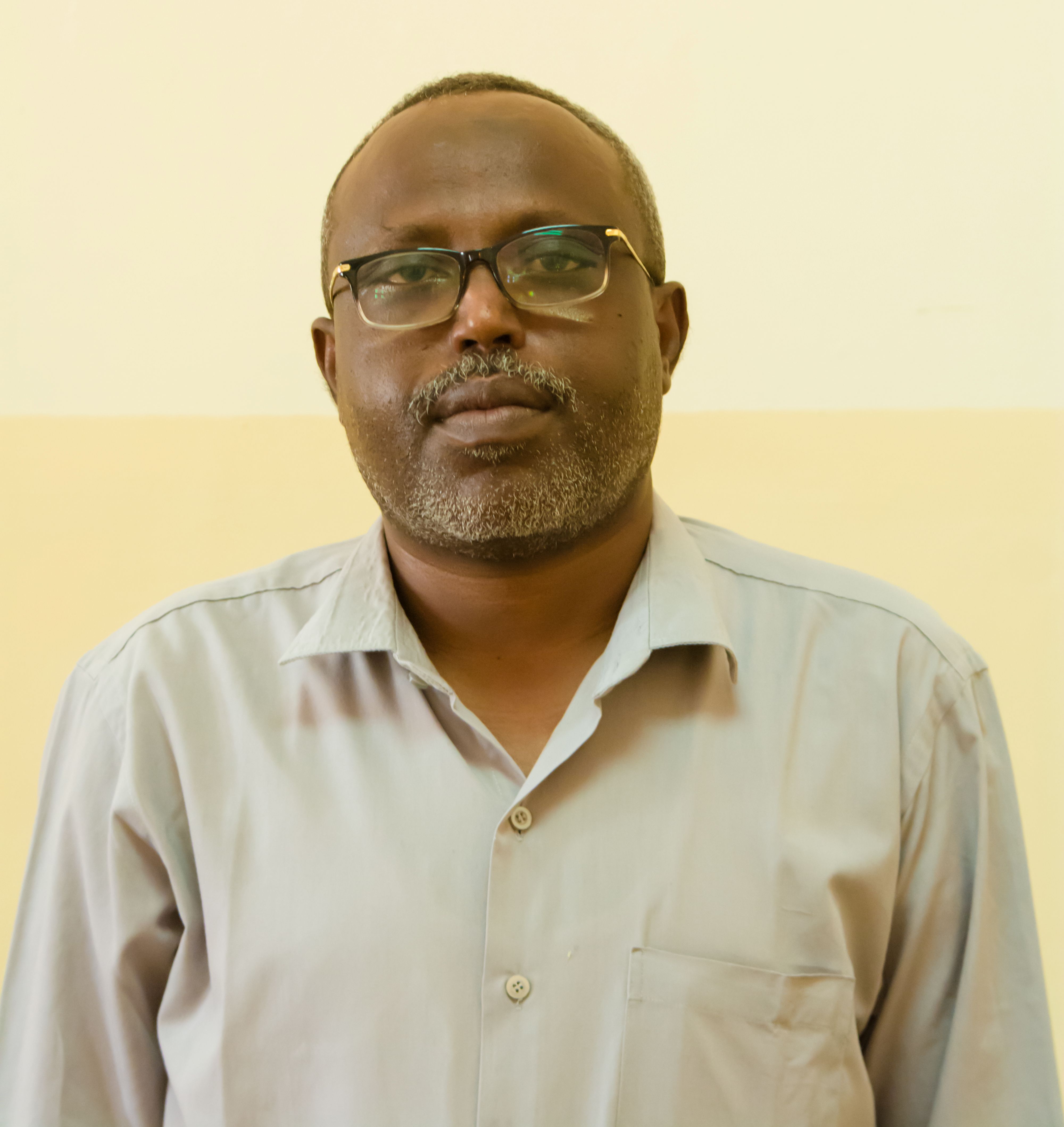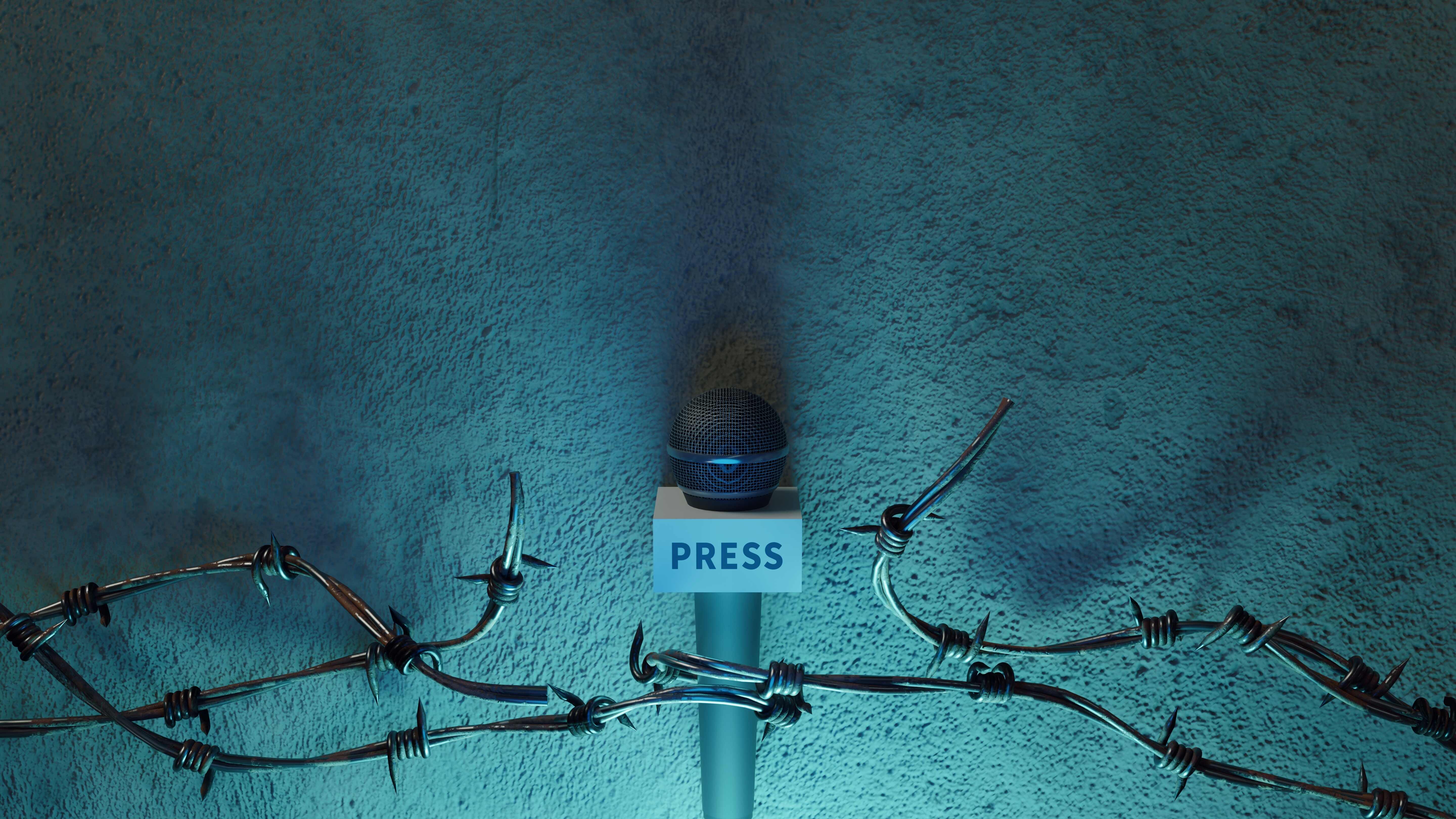One year after the Taliban seized control of the country, the media must focus its attentions on the mounting humanitarian crisis in Afghanistan; the people are the broken heart of this story
“I don’t want to be buried in Afghanistan.”
My grandfather’s piercing blue eyes glazed over, belying the certainty in his voice.
His request before his death in 2011 may have sounded unusual coming from a proud Kandahari man, a former Afghan diplomat turned prolific Pashtun scholar.
But to me and my family, we knew it came from a place of deep pain. The kind of pain a lover feels for their beloved when they’ve gone astray and no longer resemble the person they fell in love with.
No, he wanted to be buried in his home of the past 30 years, America, despite not sharing the soil with the ancestors who came before him. Because, as he told me, the Afghanistan of today was not the Afghanistan he knew.
He much preferred basking in the sunlight of his fond memories. The times when, to him, his country seemed to be thriving, human rights and sound education were on the brink of revival, and religion was used as a source of ethical and principled living, not political capital.
For decades, the Afghan people have lived through war: from the Soviet invasion in 1979 – when my mother and her family left for the US – to civil wars, and the US invasion in 2001. Millions of people have been killed, maimed, and made refugees.
One year ago, the Taliban regained full control of the country in an advance very few saw coming – as rapidly as it did, anyway. Since then, the group has had to grapple with being on the receiving end of attacks against the people they govern. They have also been in a fight for legitimacy in the eyes of the international community.
But at the broken heart of this story have been the real, lived experiences of Afghans struggling to feed their families, to rebuild their country after so many years of being in the crossfire, their lives uprooted or worse.
Now, the stories we need to tell the most are the human ones.
Not as tragedy for the sake of it, not as the refrain to a sad song we’ve been singing about Afghans for years, with the same depressing lyrics. But as a responsibility to put the people at the forefront of Afghanistan’s narrative, not just the political leadership.
Stories like, what has it meant for young, intelligent, emotional men and women with dreams of their own, to be the punctuation marks to failed policies, blown to pieces by those who don’t even know their names? To be discarded as “collateral damage” by foreign forces, as though their existence never mattered?
Or for the children who go to sleep one night soothed by the gentle murmurs of their mothers and fathers, only to wake up the next day alone, robbed of the only family they ever knew. What has happened to them?
The war may be over, but its damage remains. And rebuilding isn’t easy when the rest of the world abandons you, virtually overnight.
We remember the surreal images last year of Afghans clinging to a US Air Force jet in what can only be described as desperation personified. They didn’t know exactly where they would end up, or if they’d even make it, but they hung on to a conviction far greater than fear: They knew they didn’t want to be home any more.
I recently met someone who made it to the US from Kabul airport last year: a foster son taken in by someone close to me. Ali (name changed to protect his identity) was 12 years old, one of 10 children, and his family chose him to literally take a leap of faith on what could be.
As a mother of three, I can only imagine the buried pain and the façade his mother must have had to project as she said goodbye to her son, knowing very well it could be several years before she saw him again. And that’s if she’s lucky.
The war may be over, but its damage remains. And rebuilding isn’t easy when the rest of the world abandons you, virtually overnight
In the handful of times I interacted with Ali, a few things were clear: He was trying his best to hold it together and act tough. He was not, in fact, tough. He was tender-hearted and vulnerable, because he is a boy who has been burdened with the responsibility of saving his family from a life of poverty. That’s a heavy weight to bear.
He missed his family so much that it hurt, compounded in the moments he couldn’t reach them on WhatsApp video call. He was scared, and his sense of identity was waning.
There are so many stories like this. We aren’t telling enough of them.
There’s a story we told last year that I still cannot get out of my mind. It was about thousands of Afghans escaping violence before the Taliban took over. Ghulam, a rickshaw driver from Kunduz, told our correspondent: “Our beautiful home is gone. It is covered in flames now.”
Elsewhere in the piece, a mother named Samia gathered her seven children in the middle of the night and fled to Kabul. She said, of the reasons she was forced to flee her home: “Both sides just fire away without looking at what they’re hitting.”
My grandfather was fortunate enough to find a viable way to escape war and to have a choice between returning or remaining comfortably in another country. Although he no longer lived in Afghanistan, I know Afghanistan lived within him, and he dedicated decades of diaspora life to serving his country with his pen rather than his physical presence.
Millions of Afghans have not been so privileged. So we must ask:
What is going to be done to rebuild Ghulam’s beautiful home?
How will those in power support children like Ali? Or mothers like Samia?
And what about young Afghans living under the Taliban who were not alive when they were in charge before? How do they feel about that?
Afghans have more at stake than anyone else, and they want true, lasting peace, more than any internal or external actors speaking through a microphone to the world.
They need to have a say in their country, rather than being spoken for. We can give them more of a voice.
They deserve that much from us.
Here are some examples of stories that do just that – from the families so desperate for money they are selling their daughters to the Hazara mother writing to the son she delivered on the day the Taliban retook Kabul.
Soraya Salam is Manager of Al Jazeera English Online
